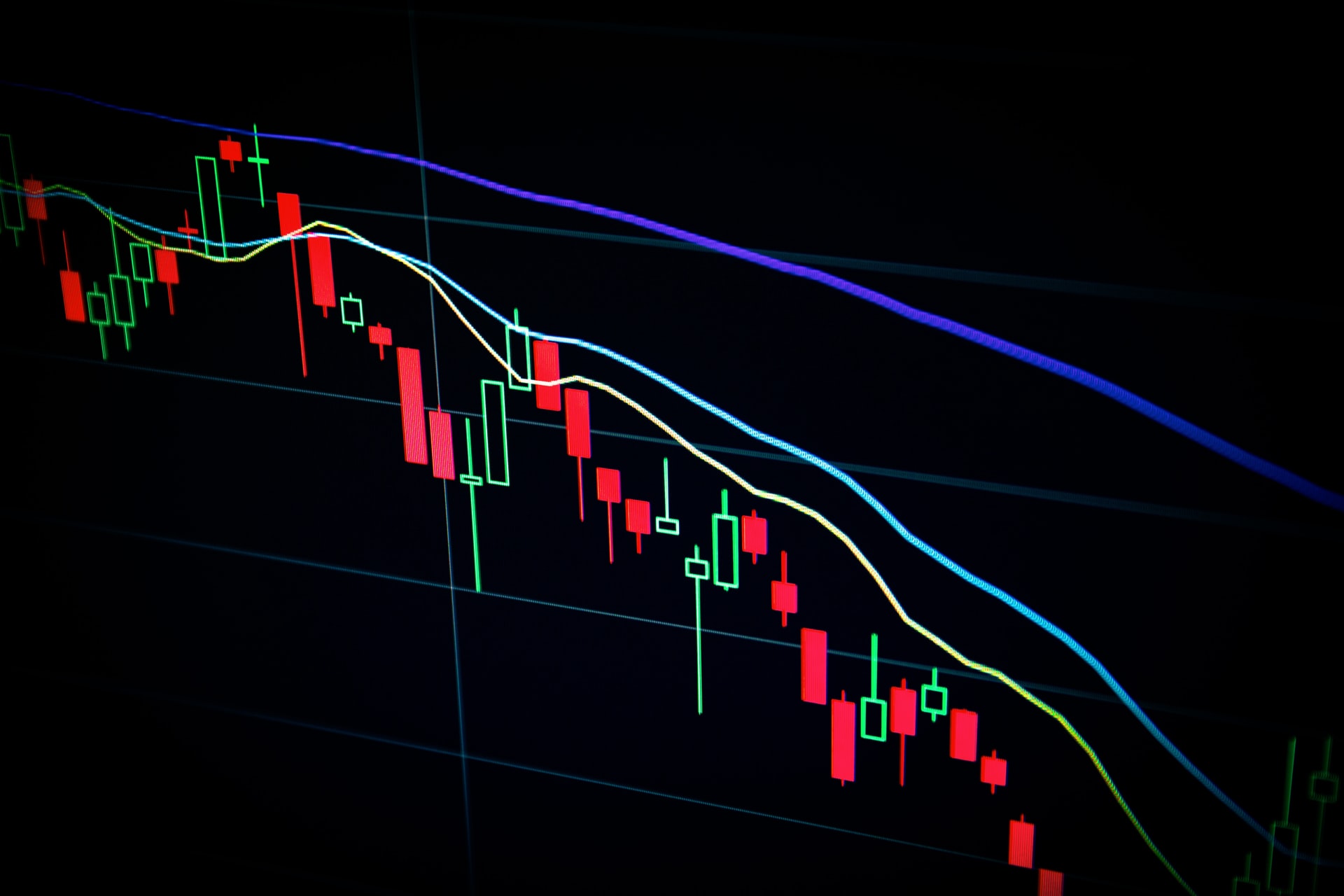Eurofer has halved its forecast for EU steel-using sectors’ output to 2% on-year growth in 2022. This is the result of the rapid deterioration of the global industrial and economic outlook due to the war in Ukraine, coupled with ongoing and worsening supply chain issues. Output growth will rebound to only 2.3% the following year due to very high uncertainty, likely continuing over the next year.
Domestic appliances will be the biggest drag on growth this year, with output expected to fall 3.3%.
Construction sector output should increase 2.3% in 2022, following its 5.9% rebound in 2021. Rapid growth, supported by post-Covid-19-lockdown recovery and governmental support schemes, lost momentum in the fourth quarter last year due to global supply chain problems and increasing scarcity of construction materials.
Civil engineering is expected to provide the strongest contribution to the construction sector’s performance this year. This segment will also be supported by EU-wide public policies, such as NextGenerationEU.
However, “the impact of these publicly-funded construction schemes is becoming increasingly uncertain due to multiple downside factors that are casting shadows on the overall economic outlook,” Eurofer says in a report seen by Kallanish. “In particular, the shortage of construction materials is becoming a source of concern.”
Automotive industry output should meanwhile grow 4.9% in 2022 after 3.8% growth in 2021. Q4 2021 saw a consecutive quarter of output decline, however. The continued supply chain issues experienced over the summer of 2021 increasingly resulted in shortages of components and semiconductors, rise in energy prices and production costs, and slowdown in global trade, Eurofer observes. The outbreak of war in Ukraine has exacerbated the already depressed outlook.
Growth in 2022 is expected to be largely due to the rebound in output of some major economies, mainly Germany, after consecutive slumps from 2019 to 2021.
“Uncertainties around the implementation of EV and delays in the launch of new models – many hybrid or fully electric – and lack of facilities (recharging points, etc.) have proven unsupportive factors of consumer demand and have also delayed investment decisions by carmakers,” Eurofer says.
“Full recovery in global trade and external demand from major markets such as the US, China and Turkey will remain a key factor for EU car exporters, but this is not likely to materialise as long as the uncertainty linked to the war in Ukraine and global supply chain disruptions persist,” it concludes.
Adam Smith Germany






